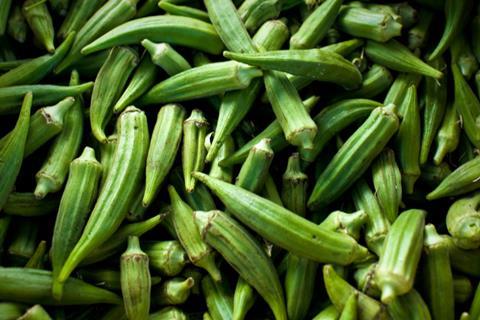Reduced fees, new processes and the digitising permit applications set to provide boost for India’s fresh produce exports
India’s Central Board of Indirect Taxes and Customs (CBIC) has announced a set of reforms to improve air cargo movement, according to a report from RuralVoice.

As part of the long-awaited changes, the CBIC has removed the fee for transhipment permits. The move aims to make it both faster and cheaper to move goods – especially high-value and time-sensitive products like grapes, mangoes, onions – through India’s airports.
The CBIC has also introduced a new process for the temporary import of Unit Load Devices (ULDs). According to RuralVoice, the move mirrors existing marine container protocols and is seen as a step toward aligning Indian customs practices with global logistics standards.
Finally, exporters and logistics agents can now file applications for cargo movement permits online through ICEGATE (the Indian Customs portal), following a digitisation update.
Trade experts told RuralVoice the CBIC reforms could provide a push for exporters by cutting costs and reducing delays. They’re also likely to improve India’s position in global agricultural trade.
In the first 11 months of the 2024/25 financial year, India’s exports of fresh produce rose over 5 per cent to US$3.39bn, the publication said.
The country produced 112mn tonnes of fruit and 204mn tonnes of vegetables last year and, while its global market share sits at about 1 per cent, it has the potential to be a global export powerhouse.
It is already the world’s top producer of bananas, mangoes, papayas, onions, and okra and there is increasing demand for Indian produce thanks to improvements in cold storage, packaging, and quality control.



